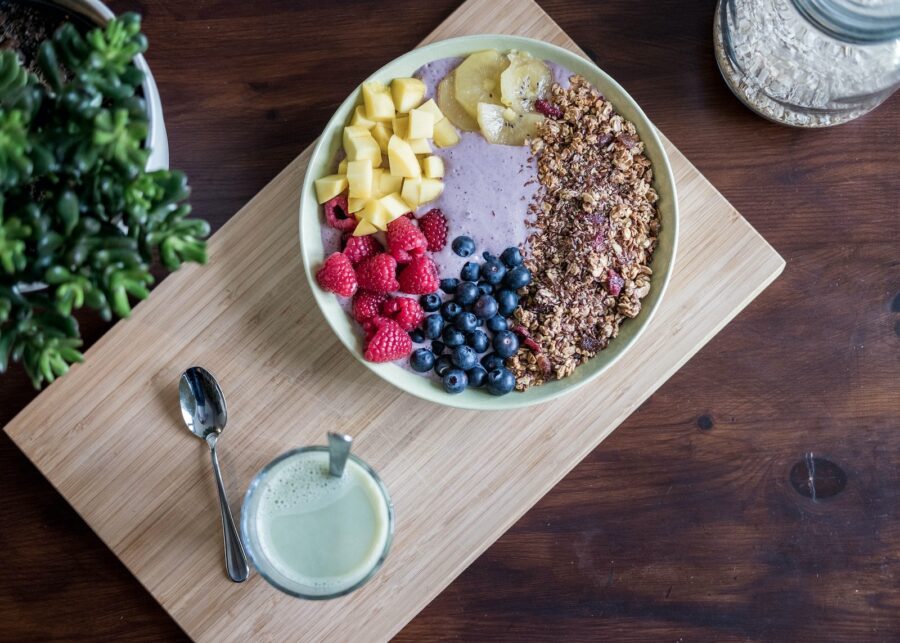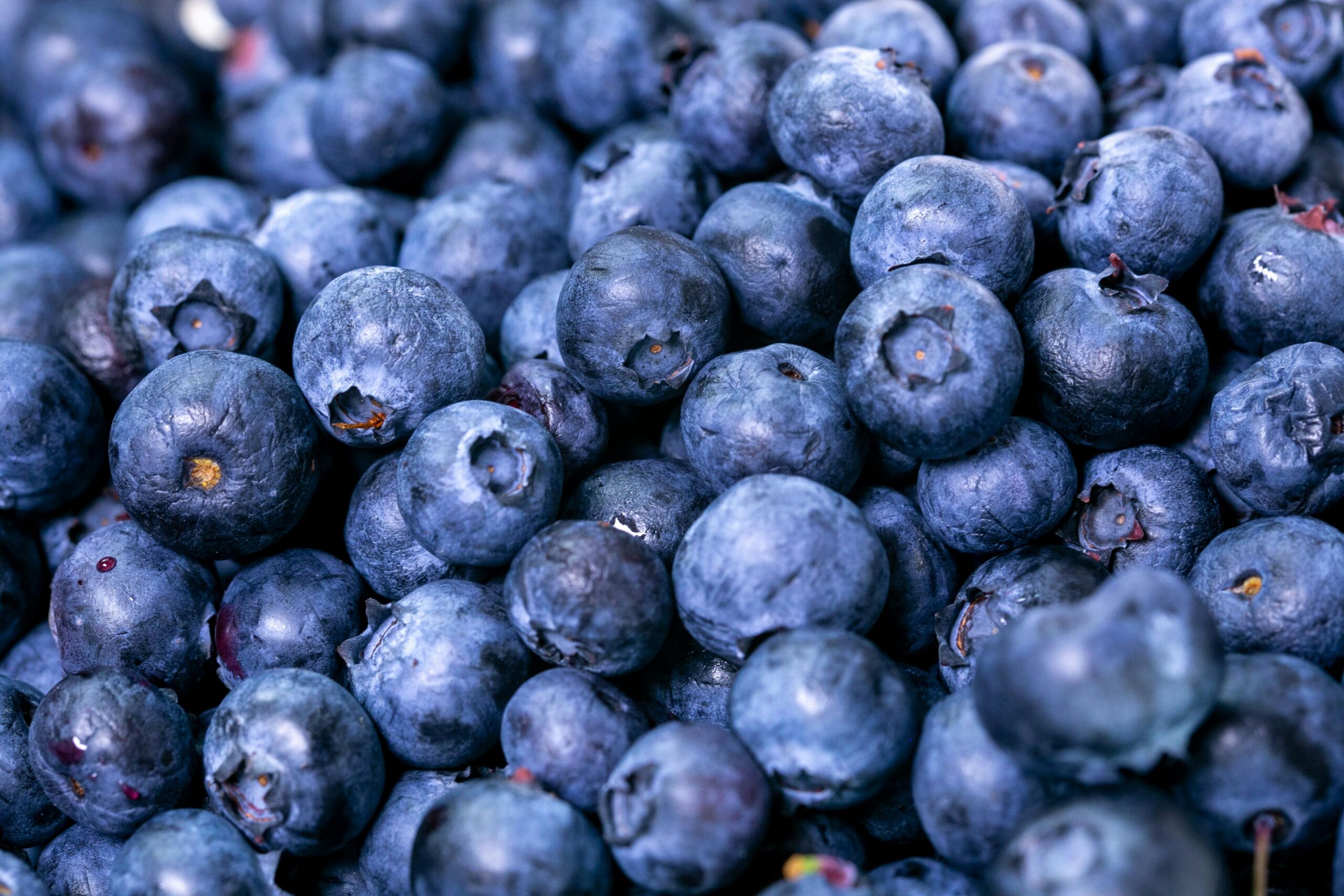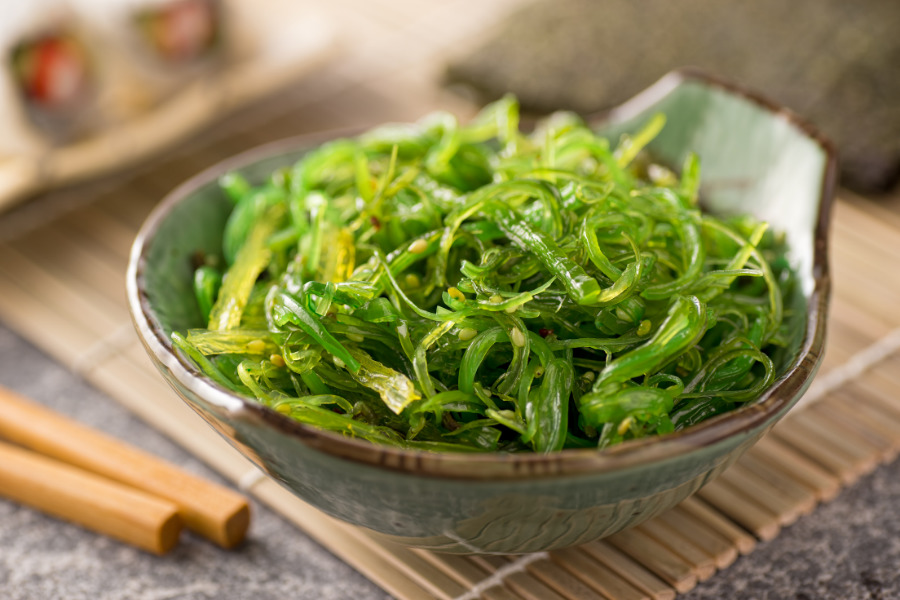Eat a balanced diet. We’ve heard that edict since we were children, but now all the shouting is about superfoods and supplements that can do everything from lower blood pressure to improve gut health to help hair grow.
The New York Times recently reported that superfood powders often contain far more than the recommended daily requirement for vitamins and minerals. The Times said one serving of Athletic Greens’ AGI powder has 550% of the daily requirement of Vitamin E, for example.
And though the body can handle most of these megadoses, Dr. Gerard Mullin of Johns Hopkins Medicine told the Times vitamins like A, D, E and K can be harmful if certain levels are reached.
Are there actual benefits to these powders? The answer is complicated. Experts told The Food Institute these powders can serve a similar purpose to that of a multivitamin: covering the bases by filling diet gaps on any given day. Amanda Sauceda of The Mindful Gut said:
“It’s a bit of a stretch for all the claims that greens powders are making.”
“Supplement producers tend to a ‘more is better’ approach and include multiple high-dose superfoods in one product,” said registered dietician/nutritionist Meghan Novoshielski. “There’s usually no research backing the effectiveness of these multi-ingredient combinations. Worst case scenario: These combinations interact with each other in ways that harm your health.”
Personal trainer Adam Kemp, who has a master’s in nutrition education, noted: “Superfood powders can provide a dense amount of nutrients in a compact, convenient form — an aspect that can be very appealing, especially for those with a busy lifestyle. Superfood powders are best viewed as a convenient supplement that can help bridge nutrient gaps.”
So, what foods should we be consuming to stay healthy? Lean proteins always top the list.
But the Good Housekeeping institute leans toward fermented foods for their digestibility and the increased concentrations of some vitamins and compounds, Good Housekeeping reported. Such foods have been around for thousands of years and include soy sauce, yogurt and sauerkraut.
Then there are the cruciferous veggies like broccoli, cauliflower and Brussels sprouts, lauded for their anti-inflammatory benefits. They’re also loaded with antioxidants, phytonutrients and folate.
Study Finds recently reported that berries should be at the top of the list of diet musts because of their cancer-fighting qualities. And that old saw about an apple a day apparently held truths. Apples also may impede the development of cancer.
Legumes, beans and lentils, are rich in fiber and protein. They’ve been found to improve gut bacteria and metabolic health, as well as lower bad cholesterol and the risk of colorectal cancer.
Combine them all and flavor them with turmeric and ginger – or just brew up a cup of herbal tea with those two spices, known for their versatility and anti-inflammatory qualities.
The Food Institute Podcast
The reasons people eat a specific product can vary even in a single day. That begs the question – what are consumers looking for in their food products throughout a day, a week, and a year? Kerry’s Soumya Nair and Shannon Coco joined The Food Institute Podcast to share Kerry’s research on the fluid dynamics of consumer eating.







